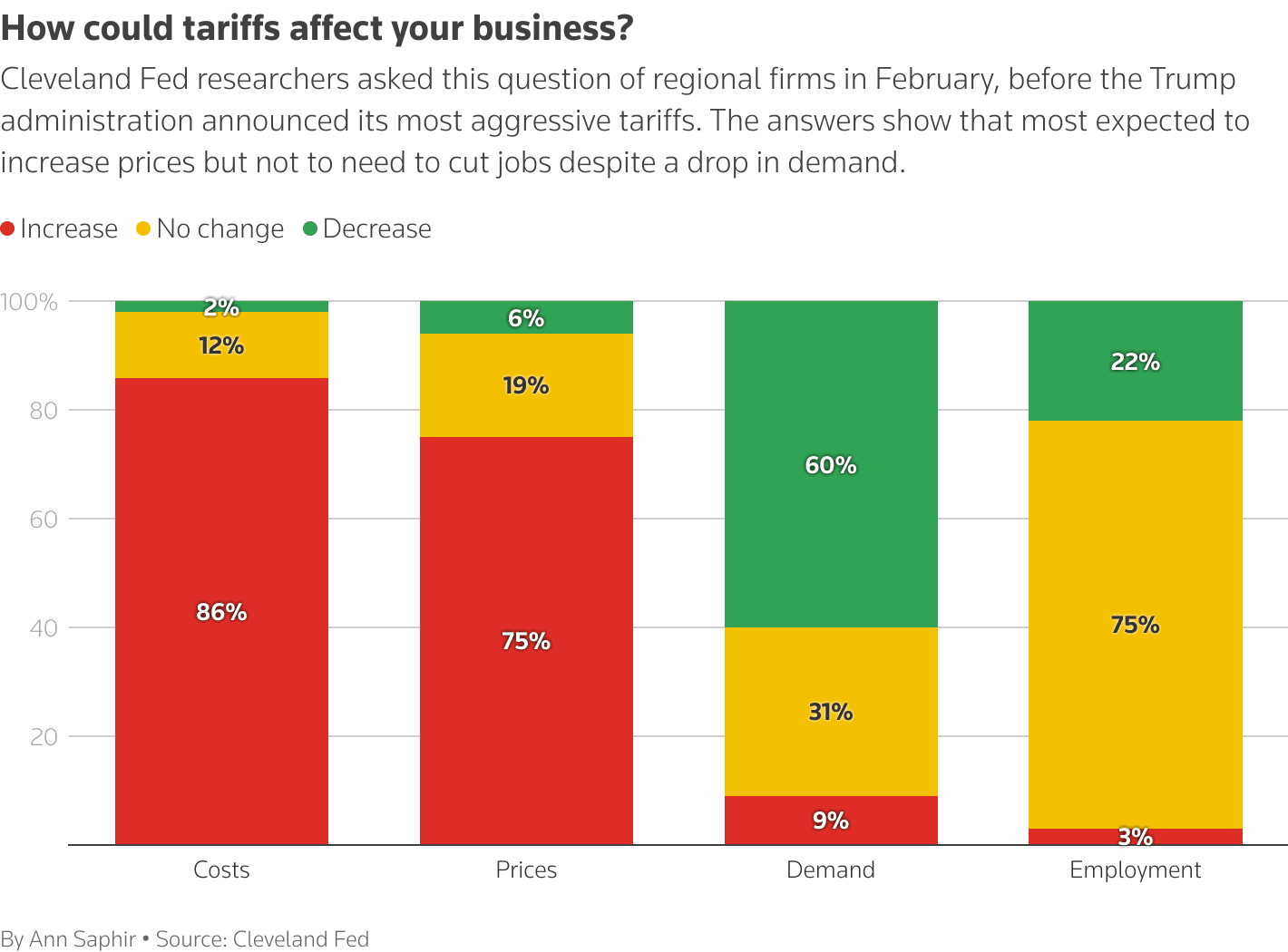107 Percent Tariff Threat on Italian Pasta, U.S. Retailers Push Back
A looming Commerce Department antidumping review could impose a 107 percent duty on imported Italian pasta, a move that retailers warn would hit consumers and restaurants. The dispute underscores tensions between protecting U.S. producers and preserving affordable access to a staple food, with wider implications for trade relations and grocery inflation.
Listen to Article
Click play to generate audio

The U.S. Commerce Department has opened what it calls a routine antidumping review that could lead to a punitive duty of 107 percent on some imported Italian pasta, after complaints that Italian producers sold product into the United States at below market prices and undercut domestic competitors. The potential levy, if imposed, would be large enough to reshape shelf prices, supplier networks, and the niche market for premium Italian pasta in the United States.
Retailers and grocers reacted sharply, arguing that pasta is a basic food staple and should be shielded from trade remedies that would sharply raise consumer prices. A U.S. retailer summed up the sentiment with a blunt appeal, "It’s basic food. Something’s got to be sacred." Such turmoil comes as U.S. households face sensitivity to food price swings, and as restaurants and specialty shops warn of constrained options for a product often sourced for its provenance and quality.
Under U.S. antidumping law, dumping is typically defined as sales that occur below a producer’s cost or below the price charged in its home market. The Commerce Department said that any sale price below either benchmark would be considered dumping, consistent with numerous past reviews involving Italian pasta going back to 1996. Industry representatives in Italy have disputed the premise. Margherita Mastromauro, president of the pasta makers sector of Unione Italiana Food, told The Associated Press that Italian pasta prices in the United States remain high and are certainly higher than American made rivals, a contention that, if borne out in price comparisons, would undermine dumping allegations.
The economic stakes are straightforward. A duty at the level under consideration would raise the landed cost of affected imports by roughly the same magnitude, with retail pass through dependent on retailer margins and product segmentation. For lower priced store brands, a 107 percent duty could more than double the import component of retail price, forcing consumers toward domestic brands or alternative staples. For premium imported brands positioned on provenance and quality, the duty could either remove those products from mass retail or push sales into specialty channels at much higher prices.
Beyond immediate price effects, the review highlights policy trade offs. Antidumping measures are designed to protect domestic industry from unfair competition, but they can impose higher costs on consumers and downstream businesses including restaurants. A high duty also risks diplomatic friction with the European Union and Italy, and could prompt legal challenges at the World Trade Organization or administrative appeals in the United States. The process itself can take months, with the potential for provisional measures depending on preliminary findings.
Longer term, the episode fits a pattern of renewed scrutiny of global supply chains and requests from domestic producers for protection. It may accelerate sourcing shifts, either toward U.S. producers or to alternative foreign suppliers not subject to scrutiny. For now consumers and retailers will watch the Commerce Department review closely, weighing claims of unfair trade against the practical reality that pasta remains an inexpensive, high volume element of the American grocery basket.


